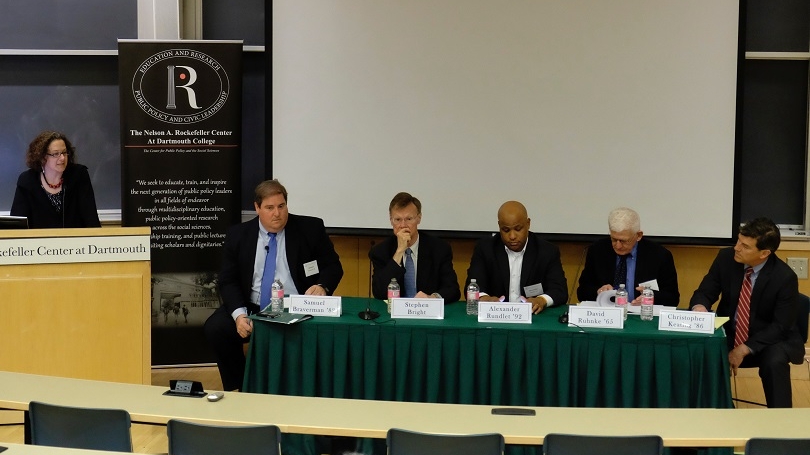
- Public Policy
- Leadership
- Funding
- News & Events
- About the Center
Back to Top Nav
Back to Top Nav
Back to Top Nav
Back to Top Nav
Today there seems to be no shortage of divisive issues that polarize the American people and the parties that represent them, and one such issue is capital punishment. The death penalty has existed in the United States since colonial times, but opposition to it has been mounting over the centuries, with polls showing that opposition to the practice has increased by 75% in just the last 17 years. This is a multi-faceted issue, and there are many arguments that those who discuss capital punishment — whether they support or oppose it — must contend with, including moral relativism, the “cruel and unusual punishment” clause of the U.S. Constitution’s Eight Amendment, and the complexities of race, class, and gender and how they intersect with crime rates and sentencing. In this way, the discussion of capital punishment covers a wide range of topics, including philosophy, ethics, and law, and with the mounting opposition to capital punishment and the rising concerns regarding its constitutionality and even morality, it is a discussion that needs to be had.
On May 6th, in celebration of Lay Day, the Nelson A. Rockefeller Center welcomed President and Senior Counsel to the Southern Center for Human Rights and Yale Law School Lecturer, Stephen Bright; Executive Director of the New Hampshire Judicial Council, Christopher Keating ’86; Partner at Ruhnke and Barrett, David Ruhnke ’65; and Partner at Barzee Flores, Alexander Rundlet ’92, for a panel discussion entitled “Rethinking Capital Punishment: Recent Challenges.” Participants talked about the many arguments for and against capital punishment, especially in light of recent challenges to the constitutionality of the practice. The panel was moderated by Samuel M. Braverman ’88, Partner at Fasulo Braverman & Di Maggio, LLP.
Submitted by Nicole Simineri ’17, Rockefeller Center Student Program Assistant for Public Programs
The views and opinions expressed and any materials presented during a public program are the speaker’s own and do not necessarily represent the views and opinions of the Rockefeller Center or constitute an endorsement by the Center.